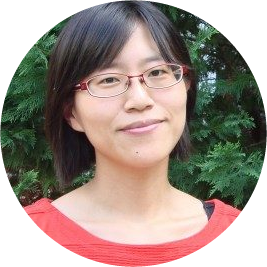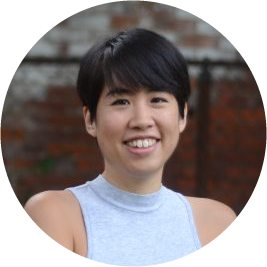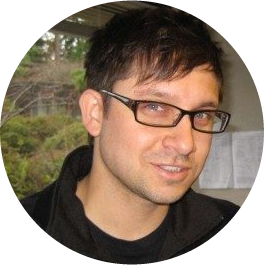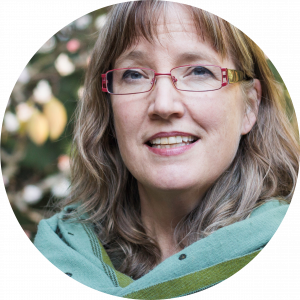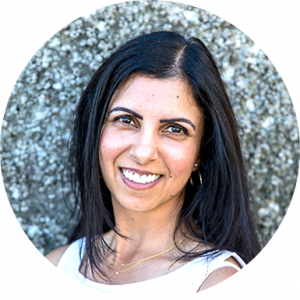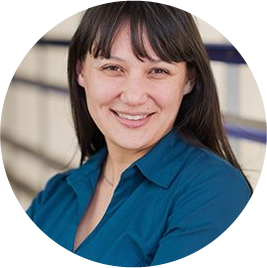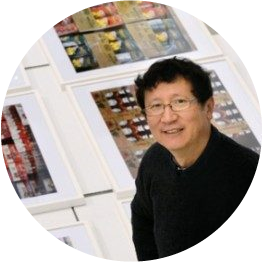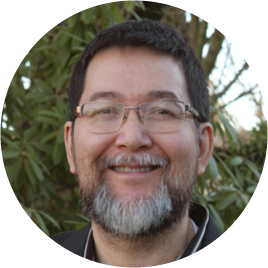I recently completed my Ph.D. in modern Japanese literature at Columbia University. My dissertation, entitled “Fissured Languages of Empire: Gender, Ethnicity, and Literature in Japan and Korea, 1930s–1950s,” investigates how Japanese-language literature by Korean writers both emerged out of and stood in opposition to discourses of national language, literature, and identity. In the dissertation, I first examine the rise of Japanese-language literature by Korean colonial subjects in the late 1930s and early 1940s, reassessing the sociopolitical factors involved in the production and consumption of these texts. I then trace how postwar reconstructions of ethnic nationality gave rise to the specific genre of zainichi (lit. “residing in Japan”) literature. Included in my analyses is a consideration of literature written by Japanese writers in (and/or writing about) Korea, and the role literary criticism has played in actively shaping national canons.
Throughout my life, I have often been struck by how language – or the unexpected use of it – can disrupt set notions of ethnicity and nationhood. This awareness shaped itself into a B.A. in Japanese Language and Literature from the University of Virginia (with the encouragement of Stefania Burk, who was teaching there at the time!), capped by a senior thesis in which I translated Yi Yang-ji’s 1989 novella Yuhi. Shortly after college, I spent two years working in Japan on the Japan Exchange and Teaching (JET) Programme. In my capacity as a Coordinator for International Relations at Hamamatsu City Hall, I had the opportunity to translate a remarkably diverse range of materials, everything from mayoral speeches to tourist pamphlets, Noh play summaries to medical vaccination guides.
As the title of my dissertation might suggest, my current research takes advantage of all my prior interests in its focus on postcolonialism and gender. In the future I hope to expand the scale of my project to include a consideration of how the Japanese language facilitated the movement of texts in other contexts, for example among so-called “canonical” writers traveling from the metropole to the peripheries and between the peripheries themselves.
The last time I came to Vancouver, a friendly taxi driver pointed out that I have a persistent connection to the word “Columbia” – I was born and raised in the suburbs of the District of Columbia; I went to graduate school at Columbia University; and now I’ll be working in British Columbia. A strange connection, but also a very welcome one! I am excited to join such a great community of scholars in the beautiful city of Vancouver, and I look forward to contributing to the program in my turn.
 Faculty of Art
Faculty of Art